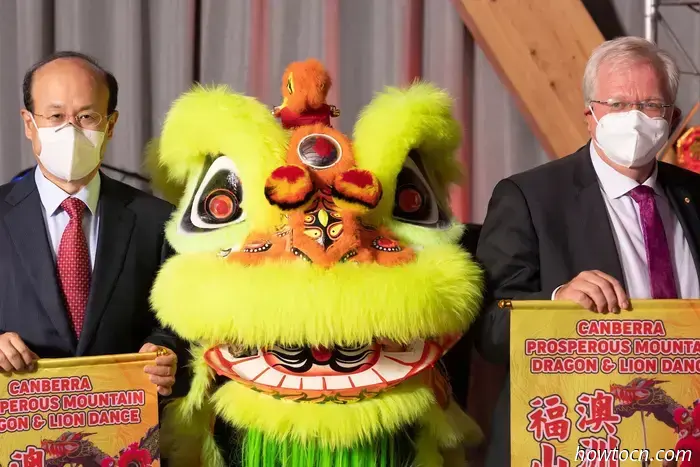
The Australia-China relationship, which celebrated its fiftieth anniversary in 2022, has recently unfolded as a continual story of contradictions and tension. On 26 January 2022, a chance for a reset emerged with the appointment of Xiao Qian 肖千 as the new Chinese ambassador to Canberra. In a statement made on 24 February, Xiao expressed the Chinese government's desire to establish communication channels with the Australian government. He conveyed that the People's Republic of China (PRC) was prepared to collaborate with Australian diplomats to restore the relationship and was willing “to go halfway” toward improving ties with Australia.
However, Ambassador Xiao’s conciliatory remarks were met with refusal by Prime Minister Scott Morrison, who declined to meet with him. Nevertheless, the ambassador’s efforts suggest a potential path forward, and the approaching election offers a chance to reconsider Australia’s China policy.
Background
Chinese official sources have affirmed that Xiao's mandate from Beijing focuses on enhancing bilateral relations. This tonal shift is particularly noteworthy, as China has not previously shown willingness to compromise or seek a middle ground with Australia since relations soured in 2018. This decline followed various policy decisions aimed at diminishing Australia's vulnerability to PRC influence and power, including the implementation of the Foreign Influence Act (which was not explicitly targeted at the PRC but was recognized as an effort to counter PRC influence in Australian politics) and the exclusion of Huawei from the country's 5G deployment.
On 10 March 2022, Ambassador Xiao engaged with Foreign Minister Marise Payne and met with Shadow Foreign Minister Penny Wong six days later to convey a similar message. The ambassador has also had discussions with important Australian business leaders, including members of the Australia China Business Council and the Business Council of Australia.
Xiao Qian, a lifelong diplomat, previously held positions in Ethiopia (Attaché 1986-1990), India (Third Secretary 1993-1996), the United States (Counsellor 2000-2003), and the Philippines (Counsellor 2003-2006), before serving as ambassador to Hungary (2012-2015) and then Indonesia (2017-2021). Sources from DFAT suggest that he maintained good access to influential decision-makers in both countries. Upon leaving Hungary, he was honored with an accolade from the Hungarian government for his role in enhancing China-Hungary relations. During his tenure in Washington, he was viewed positively by the State Department as a collaborative figure.
Born in 1964 to a senior official, Xiao joined the Chinese Ministry of Foreign Affairs (MFA) in 1986 after graduating from university, spending his entire career within the MFA. He is fluent in English and Bahasa Indonesia, with a functional understanding of Hungarian, Amharic, Tagalog, and some French and Russian. According to Australian diplomats and businesspeople who have met him, Xiao is sophisticated, courteous, and approachable. His social media presence is understated, closely aligning with the official Chinese narrative, yet he does not embody the aggressive 'wolf warrior' diplomacy.
During his tenure in Beijing, Xiao predominantly focused on Asian relations, serving from 2016 to 2017 as Director-General of the Department of Asian Affairs and Deputy Representative on Korean Peninsula Affairs. Official sources indicate that he has had limited engagement with Pacific countries.
As the 2022 federal election approaches, the Morrison government aims to leverage the China relationship — which has become increasingly politicized — to criticize the opposition, although the government seemed caught off guard by the Security Pact inked between the PRC and Solomon Islands in April. The government has also publicly confirmed its alignment with the United States regarding China.
Xiao Qian, who aims to thoughtfully improve Australia-China relations, will observe the election as a seasoned diplomat advocating for his country's position on various issues without employing aggressive strategies. After the election, Xiao is anticipated to initiate a series of public engagements to promote improved bilateral relations in anticipation of the 50th anniversary of diplomatic ties on 21 December 2022.
In discussions with Australians, Ambassador Xiao and his colleagues have outlined a potential framework or roadmap for addressing issues between the two nations, using the current state of relations as a baseline. Although the PRC has yet to take steps to restore the relationship, the suggested process involves reciprocal concessions leading to thawed ties.
Chinese officials have expressed, through both formal and informal channels, a desire for Australia to view China as a partner rather than an adversary. It has been indicated that both sides wish to avoid appearing to capitulate to one another in the standoff, necessitating simultaneous reciprocal concessions, which likely underpins the idea of 'meeting halfway.'
The Chinese side has further proposed that any rapprochement be achieved through diplomatic means and publicly announced. They have indicated that sensitive matters like the South China Sea, Xinjiang, Hong Kong, Taiwan, Tibet, human rights, and anti-Chinese sentiment in Australia should be addressed through discreet, formal channels instead of public

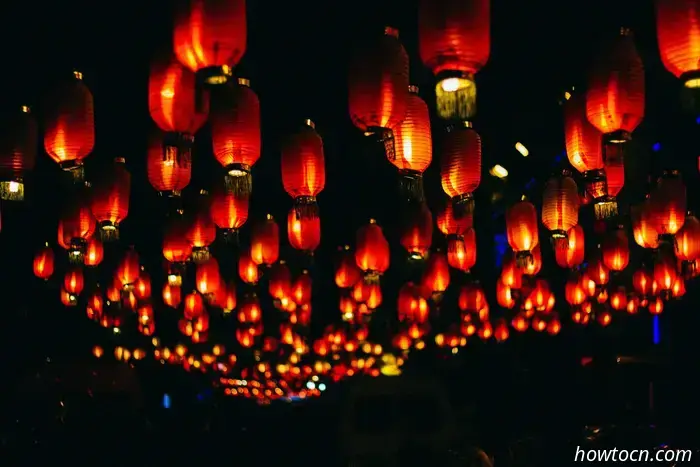
Here’s an overview of how the Lunar New Year is celebrated in other countries.
-for-the-CNY-Holiday-2025.png)
If you intend to be in Beijing during Spring Festival, you might be curious about which places will be open during the holiday.
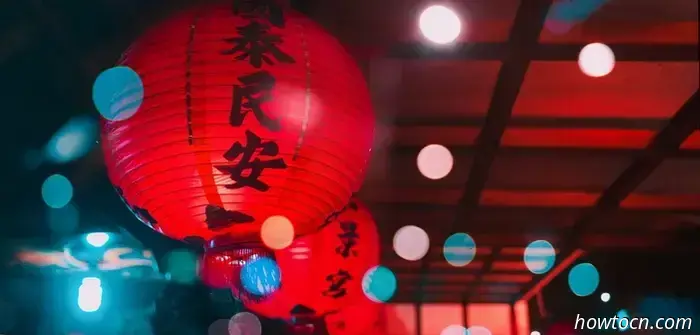
As the Chinese New Year nears, it's time to refresh your polite expressions before you get hit with baijiu and fireworks.
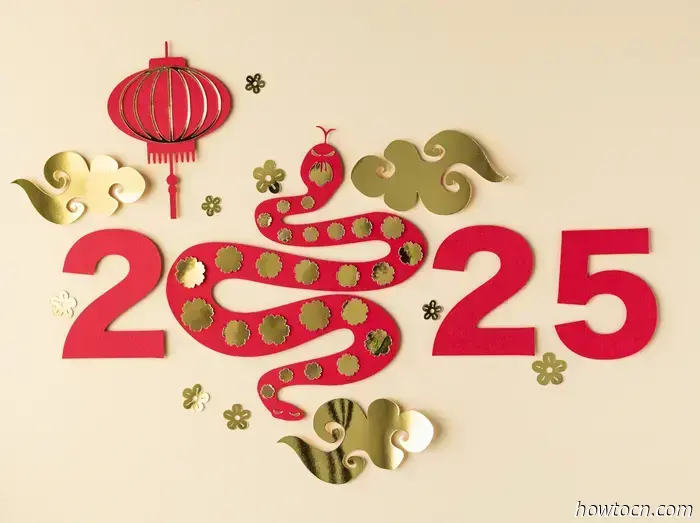
The Chinese Zodiac is a fascinating aspect of the culture during the Spring Festival, so let’s explore its origins and uncover its rich history!
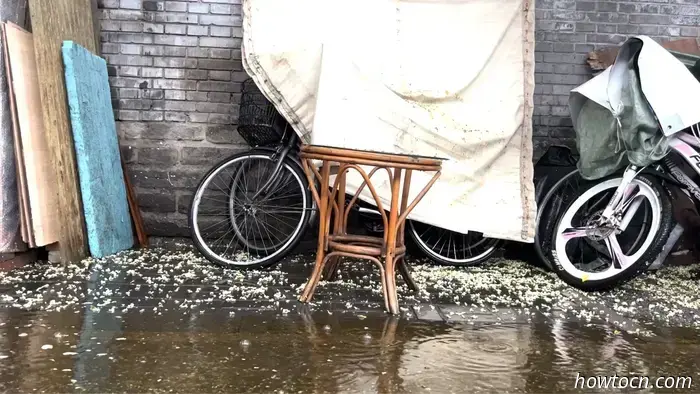
To celebrate the Lunar New Year, we reached out to influential figures in the capital to find out how they would spend 24 hours in Beijing.

Beijing has several bars that feature pool tables. Here are some of our top recommendations.
Biography of Xiao Qian: The New Chinese Ambassador to Australia and His Role in China-Australia Relations